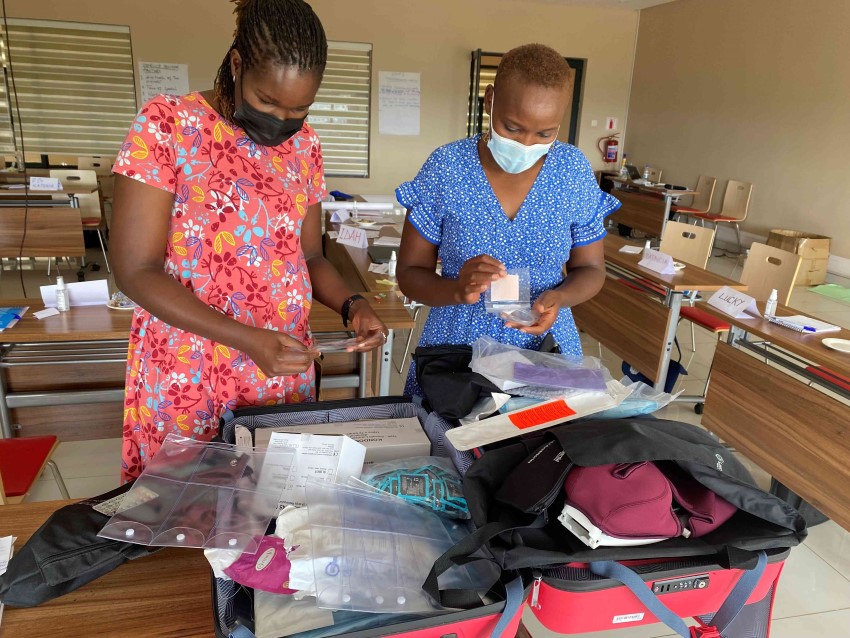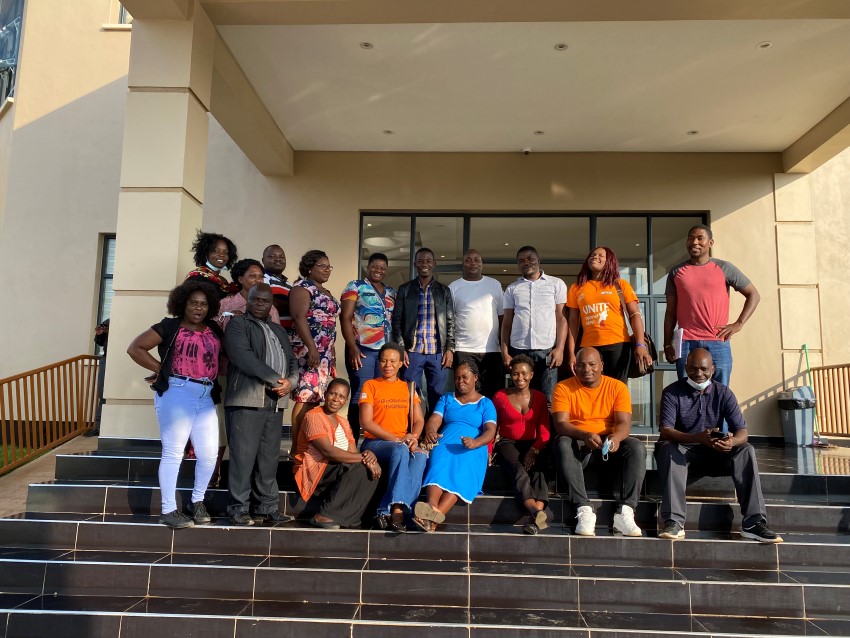
Health providers are one of the biggest gatekeepers for efficient family planning services, which is why NCA is working to give them better training.

An unmet need for family planning is one of the biggest challenges we see in the world today for securing the right for adolescents and women to decide themselves when or if they want to have children. 214 million women in the developing world are lacking access to effective family planning. This results annually in 88 million unintended pregnancies that often leads to unsafe abortions. Literature shows that family planning prevents about one third of pregnancy related deaths and 44% of neonatal deaths. Due to the covid 19 pandemic, we expect that these figures will become even higher since many countries did not have family planning commodities on their list over urgent medication for their countries.
To increase the uptake of family planning in the countries where we work, NCA have developed a user-friendly family planning toolkit for healthcare providers. This was tested on 19 health care providers in Malawi the first week of March 2022.
Health providers are unfortunately one of the biggest gatekeepers for efficient family planning services. They often lack training, have provider biased for one or two products and have prejudices against certain groups that seek services like unmarried adolescents, people with disabilities, sex workers or men that have sex with men.
Throughout the 5-day training the participant were taken through eighth modules with a lot of group work and practical exercises using models to increase their competence in inserting IUDs and implants for instance. How to give a good counselling session on family planning where an important part of the training. Other themes where how to keep stock of the commodities and advocate strategies to increase access to family planning. Issues like human rights in connection to family planning was a new field for several of the participants and was a topic that we should had more time to discuss with the participants. New tools to help in the guidance of the clients were also introduced, like the MEC wheel from WHO (Medical Eligibility Criteria Wheel for Contraceptive use). A tool unknown to the participants from before.
On the last day we had field work in two health clinics. There the participants could use their new earned skills. For the first time some of them were able have a proper group counselling. The counselling was highly appreciated by the clients at the clinic and made them better equipped to choose the methods that suited them best.
The testing showed that that there were several challenges regarding family planning in Malawi. There were a lot of provider biases, couple counselling was not practiced and many of the contraceptives demonstrated at the training, like the patch and the ring, were not available in the country. This gives the clients limited choice of methods. This was also seen in the field where condoms for instance was the only contraceptive available at some clinics.
The testing of the toolkit was very well received by the participants and the pre and post test showed and increased improvement on over 57,5 % for some of the participants. Now the toolkit will be updated and soon NCA and partners can start to use it. It will also be translated at least to French in the first place.

Group picture from the familiy planning pilot in March.
Photo: Norwegian Church Aid.
Published: